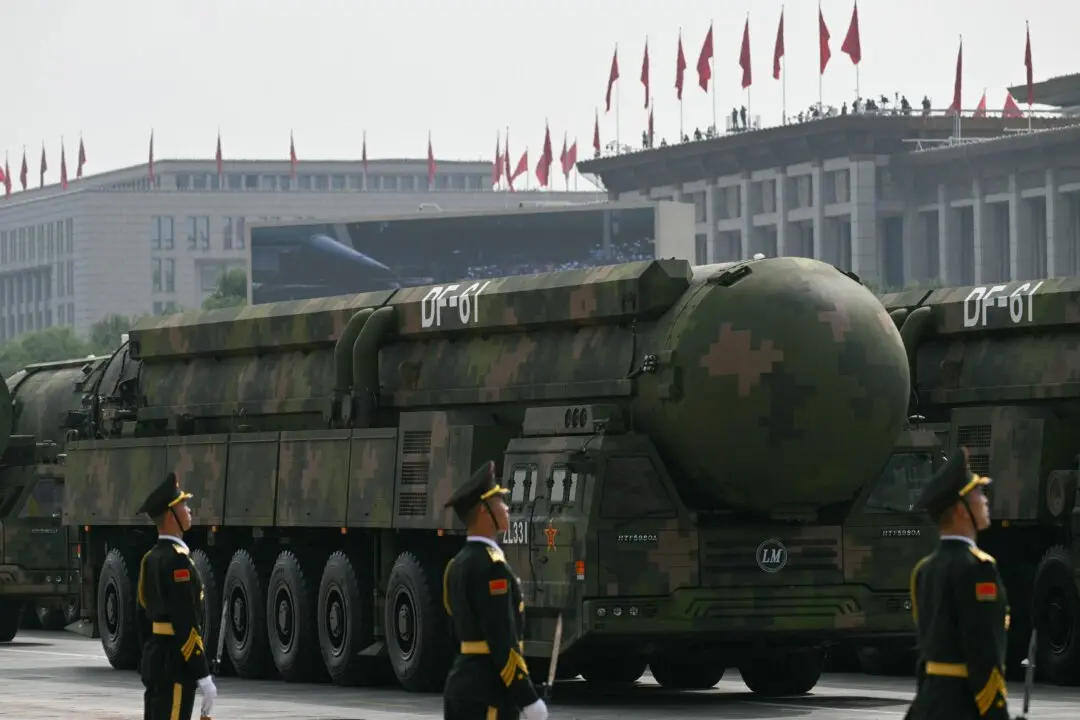Ukrainian president Volodymyr Zelenskyy has indicated he could put off his country’s election cycle and stay in power as long as the war with Russia continues.
In an interview with the BBC published on June 22, Zelenskyy could not guarantee a presidential election would take place in 2024, when his five-year term ends. Zelenskyy said Ukrainian law prohibits elections when the country is under martial law, as has been the case since Russian forces launched their full-scale invasion of the country on Feb. 24, 2022.





